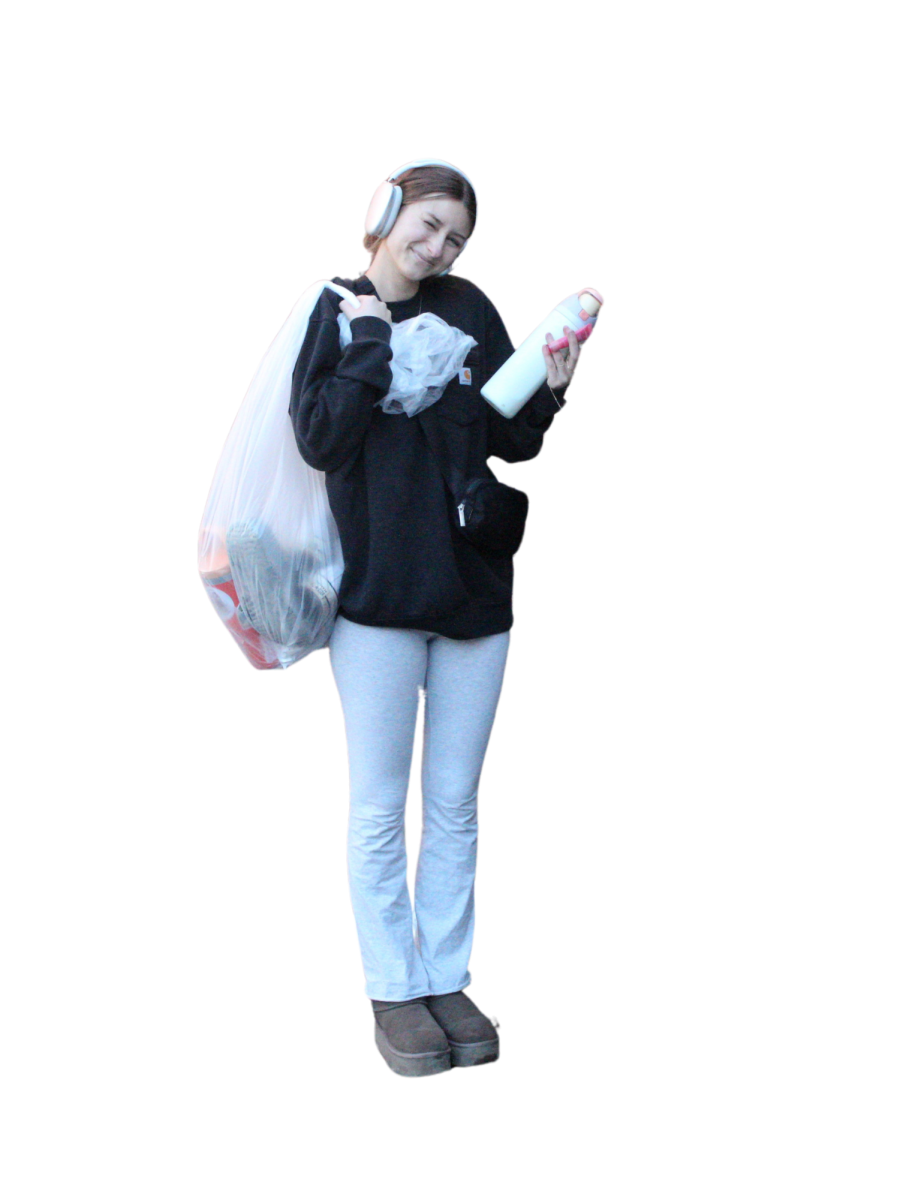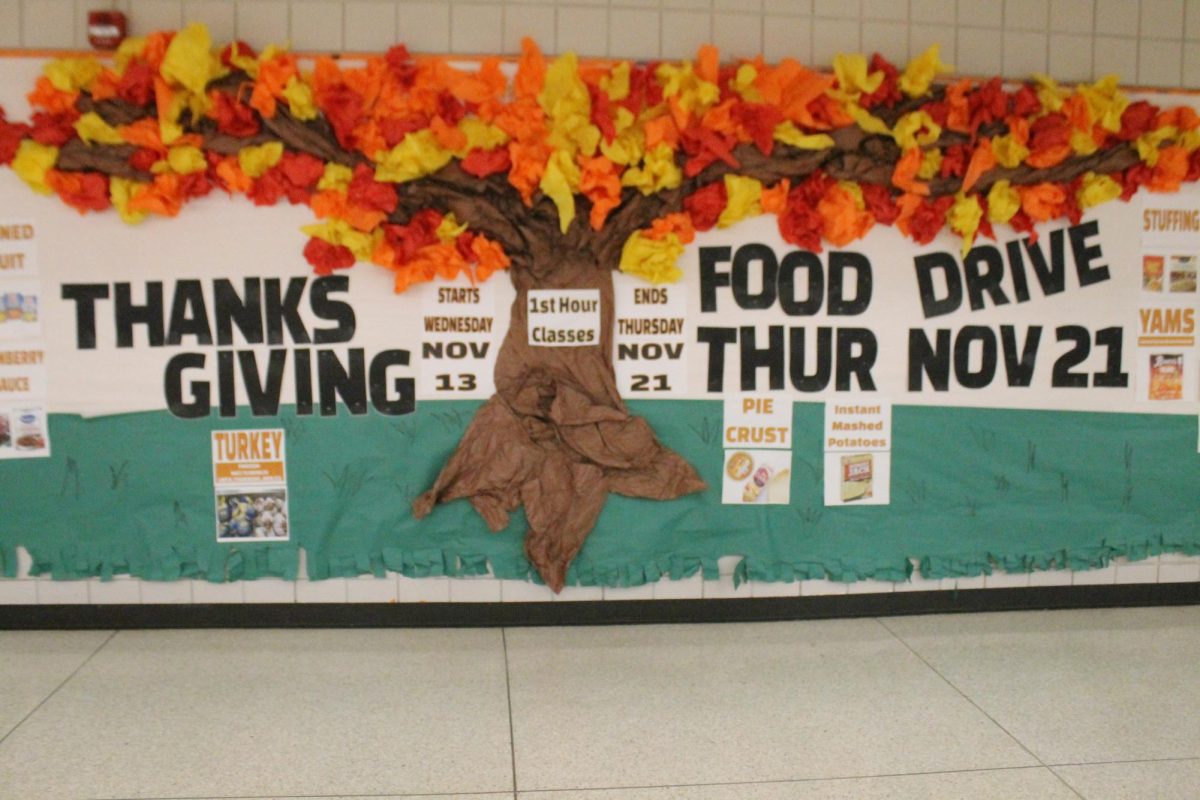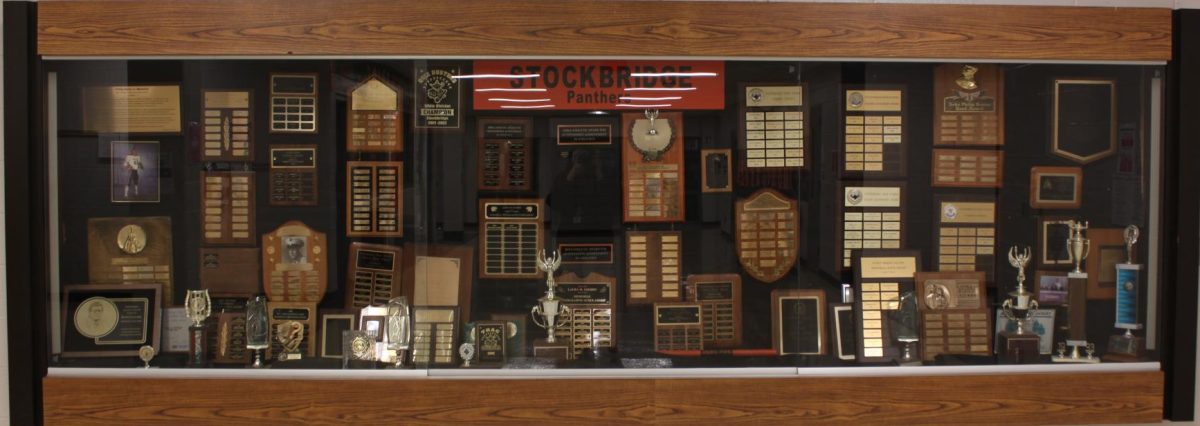Overconsumption has been the root of many worldwide problems in the last 70 years: polluted air, plastic in water, and chemical spills. Today, overconsumption is still having detrimental effects all over the world: depleted oil reserves, higher cancer rates, and the impending expiration of the earth itself. These excessive money-spending habits are causing resources to run out, and at the current level that the world is consuming, it would require 1.7 earths to maintain life as it is.
While the world, on average, is consuming more foods and meats than past generations have recorded, one of the major problems is the consumption of luxury items. Rebecca Kowalewicz, a writer for the Forbes Agency Council wrote that 80% of consumers are making buying decisions based on their friend’s social media or virtual word-of-mouth recommendations.
It is common to see the effects of trends no matter the location. While it is obvious that big cities and metro areas hold the largest populations of people who are overconsuming and following trends, even small towns like Stockbridge are joining the race to buy the next best thing. Eighth grader, Vida Corona switched from Hydroflask to Stanley. Eighth grader, Kipper Vogel switched from a Stanley to an Owala. Eight Grader, Allie Williams switched from Crocs to Uggs. 11th grader Lilliana Ramalia switched drinks from her beloved Dr. Pepper to the new Poppi drink. But how is this affecting students?
School junior Chyanne Lindquist is a big social media fan and has on several occasions, as an avid shopper, fallen victim to the latest trends. Lindquist understands the problem with excessive shopping and is hoping to work on this, but it has become a lifestyle for her, especially in the winter when the weather turns and there’s more time spent indoors.
“I find myself shopping more in the wintertime because there is so much more free time and I get bored sitting around the house, so I will get online and shop that way,” Lindquist says. “Most of the things I buy are based on social media trends and fashion, like the new lash serum from Ulta or newly released sweaters at the Meridian Mall.”
This cold and dreary weather causes people like Lindquist to need a pick-me-up, which is what shopping can bring people. Lindquist says that she feels a sense of satisfaction when she receives a package or adds a new piece of clothing to her closet. But she also knows that the feelings she gets from shopping now will have negative effects in the future.
“My current habit of shopping is quite excessive. It’s an addiction. When there’s shopping, there’s money spent and I’m worried about what that might mean for my future,” Lindquist said.
Another student has noticed the struggle of overconsumption and has adapted her lifestyle to try and do her part in fixing the problem. Senior Miley Moser says overconsumption has been normalized instead of being seen as a problem. In exchange for consuming new trends, she has decided to spend her time shopping at thrift stores where she can find repurposed items instead of bad-quality new items.
“I sometimes still follow social media trends, but I try to buy the items that are going to last me a while and are kind of worth it. But most of the time I try to avoid the trends,” Moser said. “Most of the stores I shop at are second-hand, like Plato’s Closet or Goodwill. But I will look at an item and determine how I will use it in my everyday life, and if it will last me a good amount of time.”
While it might seem like a problem that the younger generations are struggling with, it is not just them. Adults have also fallen into the traps of online stores and “lightning deals.” Stockbridge senior English teacher Rita Stricklin says she is also overspending. Still, as she has transitioned through life and become a mother, her spending habits are focused on her children rather than herself.
“I do overspend but I am getting better at it. Mostly it’s things for my children or home and prone to impulse shopping,” Stricklin said. “This year my New Year’s Resolution, and commitment beyond 2025, is to never shop on Amazon which will decrease my spending and overconsumption.”
Local markets and stores also see the effect of overconsumption on their businesses. Plane Food Market opened in July 2020 and has a variety of locally sourced produce, food staples, kitchen items, and baked goods. Deanna Mcalister, the owner of Plane Food, advocates for locally grown food because it helps the community in more ways than one. Usually business is good at Plane Food, but recently there have been problems with keeping things like dairy products and other food staples on the shelves.
“We are keeping things local. Stores like these are keeping the money in the area. Not only that but there are about 50 different people that are affected in a positive way when someone shops at this store, us owners and the vendors who bring the local products,” Mcalister said. “The problem with overconsumption is that we are running out of products. We’ve been out of eggs a couple of times. If a producer brings in some eggs, like three or four dozen, usually, one customer will come in and take all three or four dozen.”
Like Mcalister points out, when people take more than they need, it hurts other consumers who may need the same product. However, a much bigger problem is that the money spent by consumers is in direct ratio to the damage done on earth. According to the Organization for Economic Cooperation and Development, the plant will continue to suffer. By 2050, polluted air will kill three times more people than it already does. The 6.6 million tons of plastic waste that ends up in the waterways every year will cause havoc on coastal communities. Unicef reports that if humans were to consume resources at the rate at which people in the United States do, at least 5 Earths would be needed. When people don’t think twice about the thing that goes into their cart, or how many times they pull out their credit cards, or even think about the effects that posting about their shiny new investment might have on others, it creates a domino effect around the world of despair and devastation on the earth.
Middle School English teacher Hannah Gutsue has been talking with her classes about consumerism and the way that society contradicts their words with their actions regarding the health of the earth.
“Ironically, the point of a reusable water bottle is to reduce how much single-use plastic you use, but people go on to buy multiple of the same water bottle,” said Gutsue. “But I think it’s telling that we don’t think twice about going into Target and picking up another because we like the color. And I think that that is a societal problem.”








